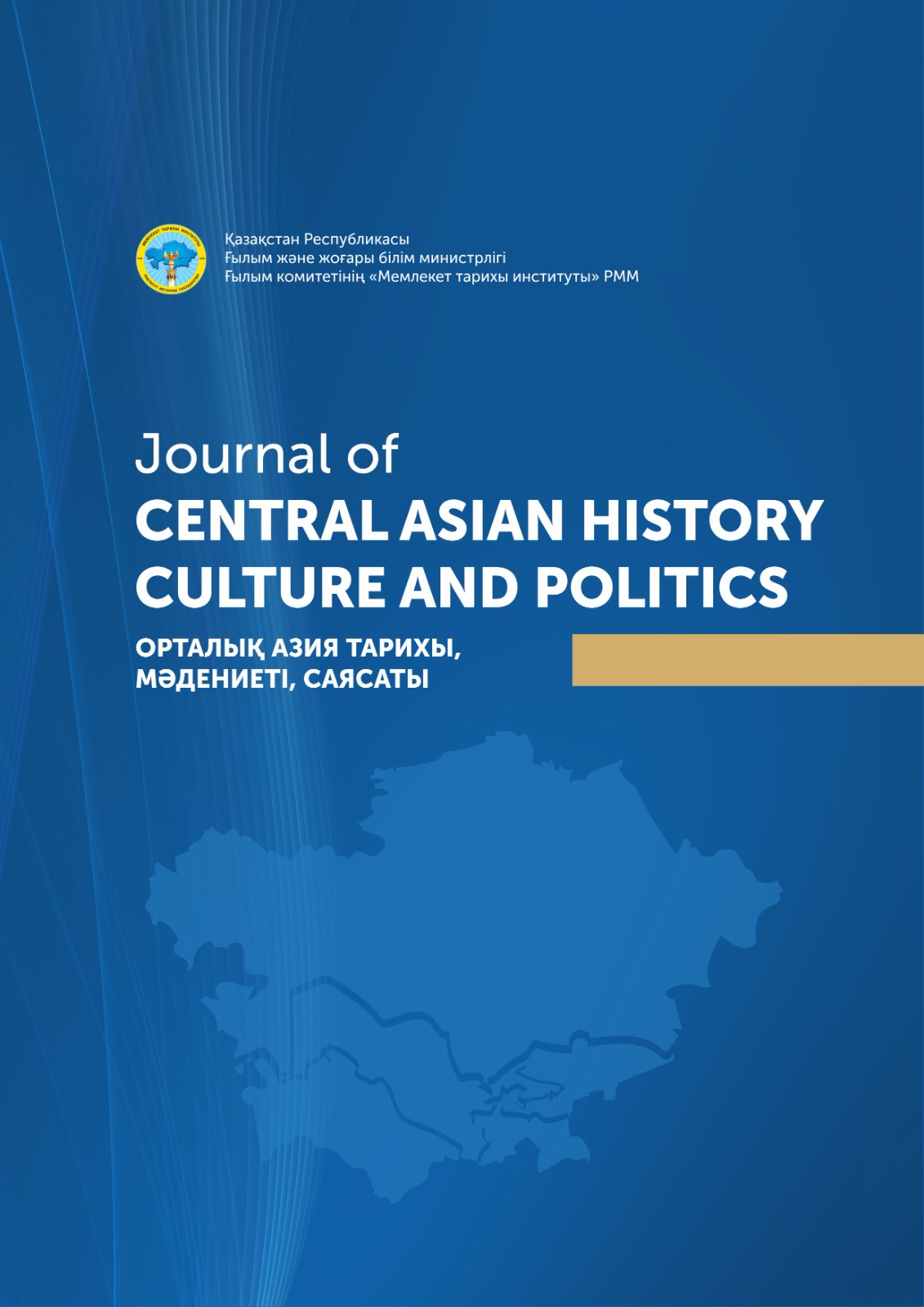ERASMUS + PROGRAM AS A FACTOR IN THE DEVELOPMENT OF EDUCATION IN CENTRAL ASIA: POLITICAL ANALYSIS
DOI:
https://doi.org/10.71191/centerasia2024.v64.n2.005Keywords:
Erasmus+, Central Asia, political analysis, education, academic mobility, soft power.Abstract
For the countries of Central Asia, the Erasmus+ program has become an important mechanism for the internationalization of higher education institutions and the exchange of experience on a regular basis. It should be borne in mind that in European countries, students exchange experience not only in the field of education, but also in cultural terms. This, in turn, is evidence of how effectively European countries are pursuing a policy of "soft power" through the Erasmus+ program. At the same time, among the younger generation in Central Asian countries, it can be seen that the desire to study in European countries increases every year.
This article provides a political science analysis of the views of Central Asian, including Kazakh students on education in European countries. Academic mobility, participation of higher education students in the Erasmus+ program is analyzed through research from an economic and social point of view. In particular, the readiness of students to study abroad, the sufficiency of information about the program and the advantages and disadvantages of international mobility are studied.
References
Aslan, and Jacobs. 2014. “Erasmus Student Mobility: Some Good Practices According to Views of Ankara University Exchange Students.” Journal of Education and Future 5, 57–72.
Erasmus+ бағдарламасының платформасы. Erasmus+ Public Dashboard - Learning Mobility. Accessed February 2, 2025. https://erasmus-plus.ec.europa.eu/document/erasmus-international-credit-mobility-handbook-for-participating-organisations.
European Commission. 2023. “Erasmus+ International Credit Mobility: Handbook for Participating Organisations. Luxembourg: Publications Office of the European Union.” Accessed February 2, 2025. https://erasmus-plus.ec.europa.eu/document/erasmus-international-credit-mobility-handbook-for-participating-organisations.
Maiworm. 2001. “ERASMUS: Continuity and Change in the 1990s.” European Journal of Education 36 (4): 459–472.






 Open content is licensed under the CC-BY
Open content is licensed under the CC-BY 